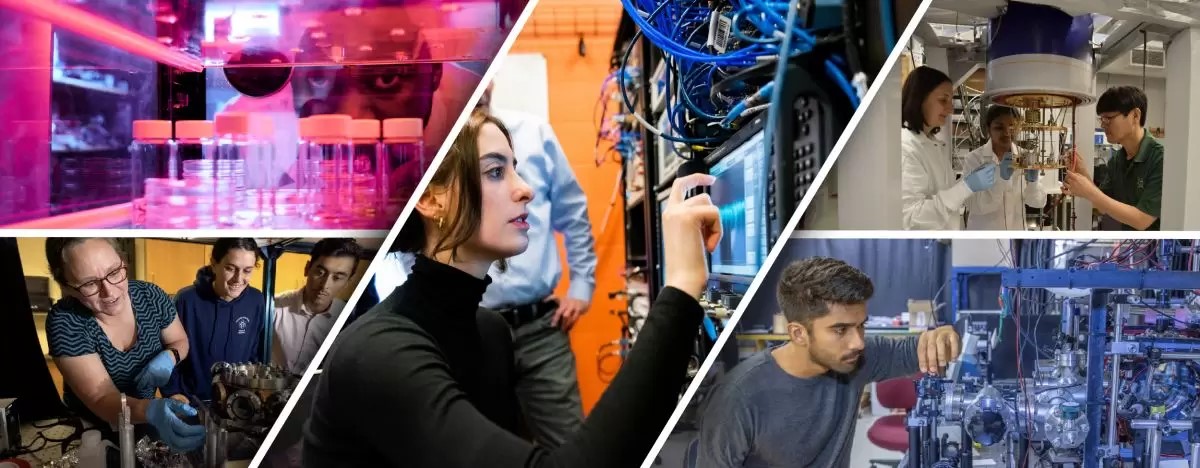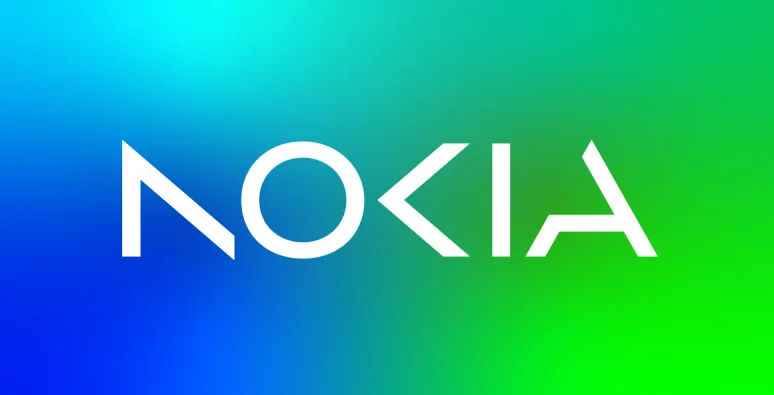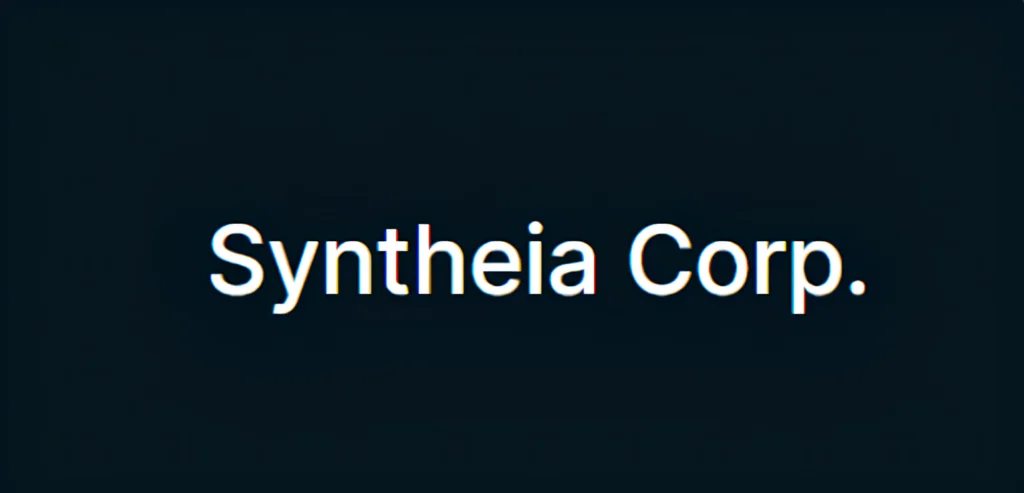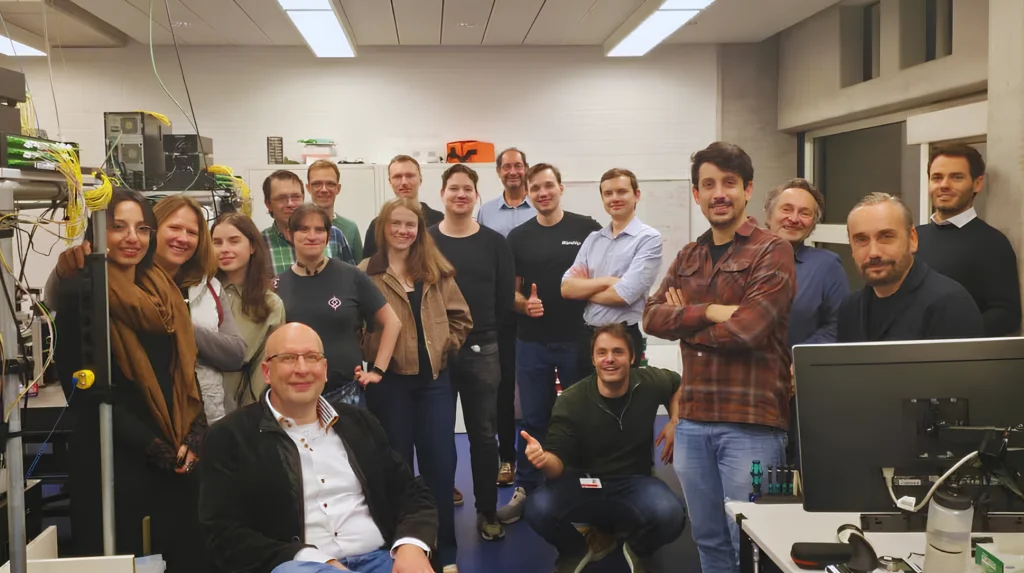Insider Brief:
- The NSF is investing $39 million to fund 23 quantum research projects across various U.S. institutions, focusing on quantum computing, sensors, and materials.
- The intention behind ExpandQISE is to accelerate quantum research by fostering partnerships between established and emerging programs, particularly at institutions with less historical research funding and minority-serving institutions.
- The initiative supports workforce development and technological advancements in quantum information science, aligning with the goals of the National Quantum Initiative Act.
PRESS RELEASE—The U.S. National Science Foundation is investing $39 million to help grow quantum research activities at more institutions across America through the NSF Expanding Capacity in Quantum Information Science and Engineering (ExpandQISE) program. This investment will fund 23 research projects aiming to break new ground in fields such as quantum computing, sensors and materials. The funding will directly support research, training and educational activities through partnerships between established QISE programs at research-intensive institutions and up-and-coming programs at institutions seeking to build their quantum research and development infrastructure.
“Maintaining our country’s global leadership in quantum information science demands that we engage the full spectrum of talent that’s waiting to be unleashed from each and every U.S. community,” says NSF Director Sethuraman Panchanathan. “The NSF ExpandQISE program is simultaneously strengthening the quantum workforce and investing in the scientific and technological advances that will be the foundation for a quantum-enabled future.”
NSF developed the ExpandQISE program in support of priorities outlined in the “2018 National Quantum Initiative Act,” which was enacted to accelerate quantum research and development for the long-term economic and national security of the U.S. ExpandQISE aims to accelerate quantum-focused research by reducing barriers to participation and increasing the diversity and breadth of U.S. institutions doing that research.

The 23 new grants will support faculty and staff across a broad range of U.S. institutions of higher education, including:
- Seven states participating in the NSF Established Program to Stimulate Competitive Research program, which focuses on areas that have historically received less federal funding for research than others.
- Nineteen colleges or universities classified as emerging research institutions, i.e., institutions with established undergraduate or graduate programs but less than $50 million in federally supported research expenditures annually.
- Seven minority-serving institutions, including four historically Black colleges and universities and three Hispanic-serving institutions.
ExpandQISE provides awards through two separate tracks. Track 2 provides larger awards to research teams. Track 1 provides smaller awards to individual researchers.
ExpandQISE track 2 awards (up to $5 million over five years):
- Developing Quantum Information Science and Engineering Research and Education Program at the Florida Agricultural and Mechanical University.
- Integrating Research and Education Pathways to the Quantum Future: Synthesis, Control and Readout of Spin-phonon Quantum States for QISE Education at Northern Arizona University.
- Quantum Fluids and Solids as Platforms for Quantum Science and Engineering at the Florida Agricultural and Mechanical University.
- 2D Materials, Heterostructures and Metasurfaces for Compact, Efficient Entangled Photon-pair Generation for Quantum Communications at the South Dakota School of Mines and Technology.
- Research and Education Center for Quantum Materials and Sensing at Bryn Mawr College.
ExpandQISE track 1 awards (up to $800,000 over three years):
- Bright, Highly Polarization-Squeezed Light Beam for Quantum Metrology at Miami University.
- Demonstration of Distributed Quantum Sensing with Heisenberg Scaling by Creating Multipartite Entanglement among Eight Nodes on a Commercial Quantum Network at the University of Tennessee Chattanooga.
- Education and Research of System and Network Supports for Quantum Cloud at the Worcester Polytechnic Institute.
- Engineering Tailored Modes in Hybrid Magnonics for Quantum Signal Transduction and Communication at the North Carolina Agricultural and Technical State University.
- Exploring Exchange Interaction between Persistent Spin Helix and Defect Spin Qubits for Quantum Information at CUNY Hunter College.
- First- Principles Calculation of Quantum Defects via the Spin-Flip Bethe-Salpeter Equation Approach at the University of California, Merced.
- Hybrid Solid-State Qubit Systems for Modular Quantum Information Processing at the University of Rhode Island.
- Integrating Single Molecules to Two-Dimensional Materials toward Quantum Devices at the University of Missouri-Saint Louis.
- Collaboration on Quantum Sensing Research and Education for Minority Participants at Jackson State University.
- Microwave Resonator Probes of Quantum Materials for Advancing Qubit Platforms at Saint Louis University.
- Quantum Algorithms for Relativistic Quantum Chemistry at the University of North Dakota.
- Quantum analog simulation with Bose-Einstein condensates in flexible light fields at the University of San Diego.
- Quantum Compilation: Elevating Performance and Scalability with Input Adaptivity and Machine Learning at the Rochester Institute of Technology.
- Quantum Correlations in Quantum Approximate Optimization Algorithms and Their Implementation at the University of Rhode Island.
- Quantum Walk Advantage in Algorithm and Protocol Design at Clarkson University.
- Spectrally-multiplexed Photon-pair Sources for Quantum Sensing and Networking at the University of North Dakota.
- Strongly Correlated Molecular Qubits for Quantum Sensing at Rowan University.
- Topological Phonon Dynamics and Control in Quantum Materials at the College of Charleston.
SOURCE: https://new.nsf.gov/news/quantum-science-engineering-expands-across-nation-39m-nsf















